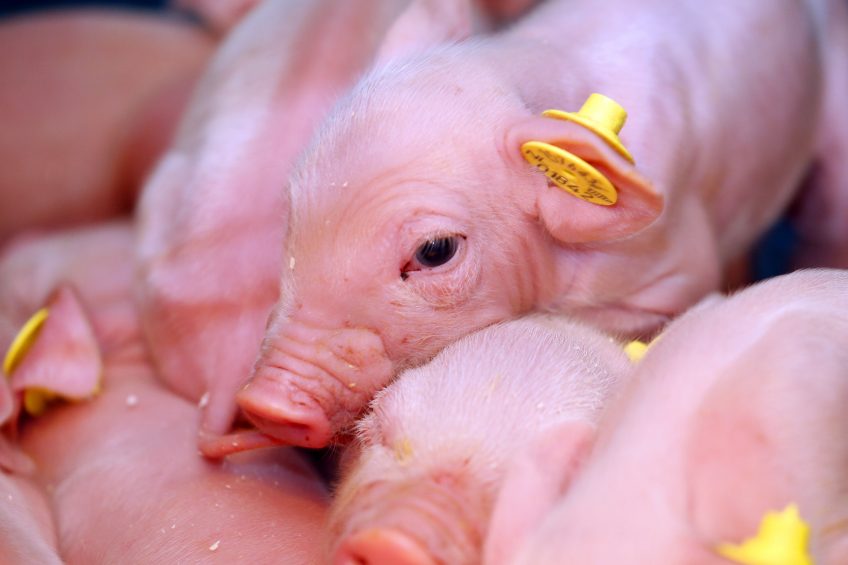Severe brain pathology for pig foetuses with Zika virus

Pig foetuses have been observed to develop severe brain pathology after they had been infected with Zika virus.
That discovery was made by researchers from Wageningen Bioveterinary Research, part of Wageningen University & Research in the Netherlands. The outcome was published recently in the peer-reviewed journal Emerging Microbes & Infections, a publication of Nature.
The research of course was done as pigs share many anatomical and physiological features with humans.
Zika virus, Zika fever and microcephaly
Although discovered in 1947, Zika virus became notorious in 2015-16 as it caused a Zika fever epidemic in predominantly Latin America.

Read more on pig health in the Pig Progress Health Tool
The mosquito-borne flavivirus became associated with microcephaly in newborns – a condition where the head is smaller than normal. The virus is also associated to Guillain-Barré syndrome in adults after its emergence in the Pacific and the Americas in 2015. This syndrome is a disorder in which the body’s immune system attacks part of the peripheral nervous system.
Study design: 20 piglets inoculated
The scientists inoculated 20 porcine foetuses in utero and assessed the effect of Zika virus on brain development 4 weeks later. All inoculated foetuses presented mild to severe neuropathology, characterised by a depletion of neurons in the cerebral cortex. In most cases, neuronal depletion was confined to specific cerebral lobes without affecting brain size, whereas in severe cases a more generalised depletion resulted in microcephaly.
Although the virus was widespread in the sows’ placenta at the time of necropsy, only low levels of viral RNA were detected in foetal brain samples, thereby preventing the identification of primary target cells.
In their publication, the researchers said that their findings suggest that pigs can be used to study Zika virus-induced neuro-developmental defects as currently observed in human neonates, varying from stunted brain growth to localised cortical neuronal depletion in the absence of major macroscopic abnormalities.
Zika virus models – why pigs are ideal
First insights into Zika virus-mediated neuropathology came from studies with mice, the university reported on its website. However, the major differences in the physiology, anatomy, and development of the rodent and human brain makes extrapolation of observations made in mouse experiments to humans not always appropriate. Using non-human primates, from a research viewpoint a good alternative, raises ethical issues.
Implications of the use of pigs
The presented foetal pig model can be used to study fundamental aspects of congenital Zika virus syndrome and may facilitate the evaluation of Zika virus therapeutics. The study also supports the notion that congenital Zika virus infection induces more than just microcephaly.
The research paper in Emerging Microbes & Infections was authored by P.J. Wichgers Schreur, L. van Keulen, D. Anjema, J. Kant and J. Kortekaas, all attached to Wageningen Bioveterinary Research, Lelystad, the Netherlands.











